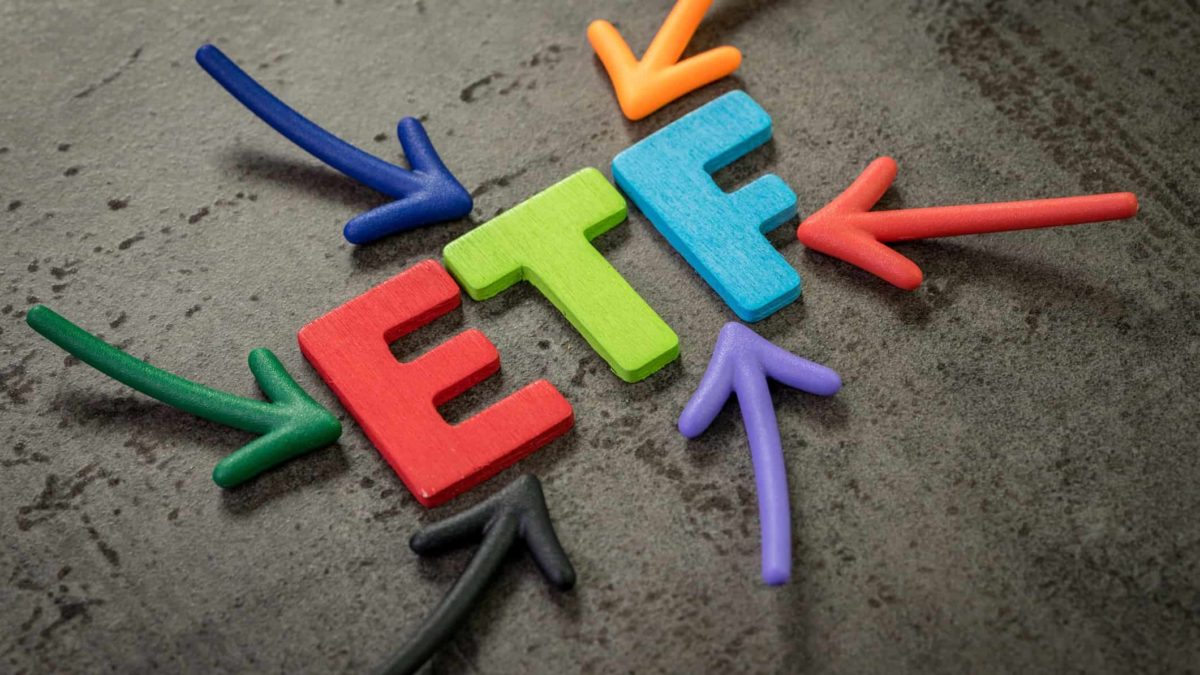Beginner investors may be wondering which ASX exchange-traded funds (ETFs) could be a good choice to invest in. There are plenty to choose from, so I'll cover three in this article that could be good for diversification with a $1,500 investment.
I believe it's a good idea for Aussies to try to look beyond the ASX for opportunities because businesses on the Australian Securities Exchange only make up around 2% of the global stock market. It's a good idea to get diversification away from Australia because there are plenty of opportunities within the other 98% of the global stock market.
With that in mind, these are three ASX ETFs that beginner investors could utilise with $1,500.
BetaShares Global Sustainability Leaders ETF (ASX: ETHI)
Research done by the ASX shows that younger people have a higher focus on environmental, social and governance (ESG) factors when it comes to investing. Maybe young Aussies want to avoid coal miners, gambling companies, tobacco businesses and so on.
The ETHI ETF can be an effective way to invest in globally-leading businesses that tick the boxes when it comes to ESG. It's invested in 200 businesses from around the world that are seen as climate leaders within their sector, and it excludes a number of industries.
According to BetaShares, exclusions "include companies with direct or significant exposure to fossil fuels or engaged in activities deemed inconsistent with responsible investment considerations." For example, it avoids businesses that have human rights concerns regarding its supply chain.
It has an annual management fee of 0.59% and its biggest positions at the time of writing are: Nvidia, Apple, Visa, Home Depot and Mastercard.
Betashares Nasdaq 100 ETF (ASX: NDQ)
This ASX ETF doesn't have an ethical overlay. It's invested in 100 of the largest businesses on the NASDAQ stock exchange, which is where many of the world's largest companies are listed.
The NASDAQ has attracted many of the strongest US technology players, as well as leaders from other sectors. It's invested in names like Apple, Microsoft, Amazon.com, Nvidia, Meta Platforms, Tesla, Alphabet, Broadcom, Adobe, Costco, Netflix, Booking, Starbucks and Intuitive Surgical.
Around half of the portfolio is allocated to IT/technology businesses, so there's plenty of growth potential within the portfolio. Over the past three years, it has achieved an average net return per annum of 15.6%, though past performance is not a reliance indicator of future returns.
I'd guess that this portfolio of businesses can continue to do well because of the global growth potential.
Betashares India Quality ETF (ASX: IIND)
This ASX ETF is about getting investors exposure to the Indian economy and share market. China has seen an enormous amount of economic growth over the last two decades, and now it may be India's turn.
According to S&P Global, India's nominal GDP measured in US dollar terms is forecast to rise from US$3.5 trillion in 2022 to US$7.3 trillion by 2030.
Economic growth doesn't directly translate into share market returns, but I think there are some strong economic tailwinds behind many Indian businesses that can help them achieve earnings growth and hopefully capital growth. S&P Global also said:
The long-term outlook for the Indian economy is supported by a number of key growth drivers. An important positive factor for India is its large and fast-growing middle class, which is helping to drive consumer spending. The rapidly growing Indian domestic consumer market as well as its large industrial sector have made India an increasingly important investment destination for a wide range of multinationals in many sectors, including manufacturing, infrastructure and services.
The IIND ETF is invested in 30 Indian businesses that rank well on "high profitability, low leverage and high earnings stability". I believe that this selection of characteristics will mean the ASX ETF's portfolio of businesses can keep doing well.
It has an annual management fee of 0.8% and has made net returns per annum of 11.6% over the three years to July 2023.









